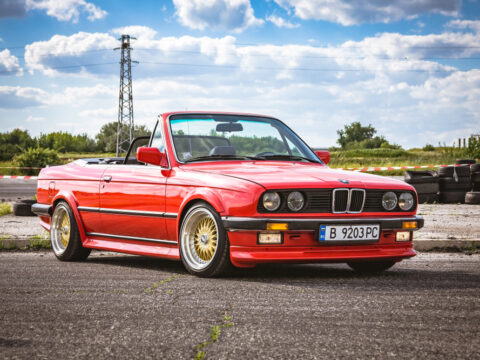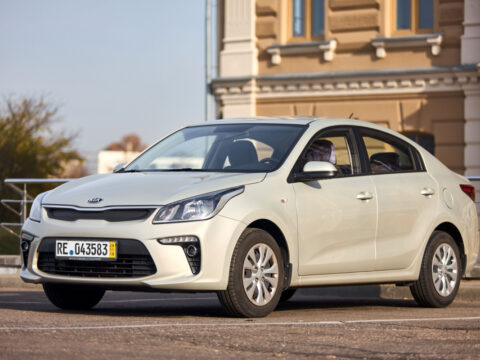Diesel engines, once celebrated for their fuel efficiency and power, are now seeing a decline. Various factors are contributing to this shift, from stricter environmental regulations to the rise of electric vehicles. This article explores 13 key reasons behind the decreasing popularity of diesel engines, highlighting the evolving landscape of the automotive industry.
Contents
Environmental Regulations
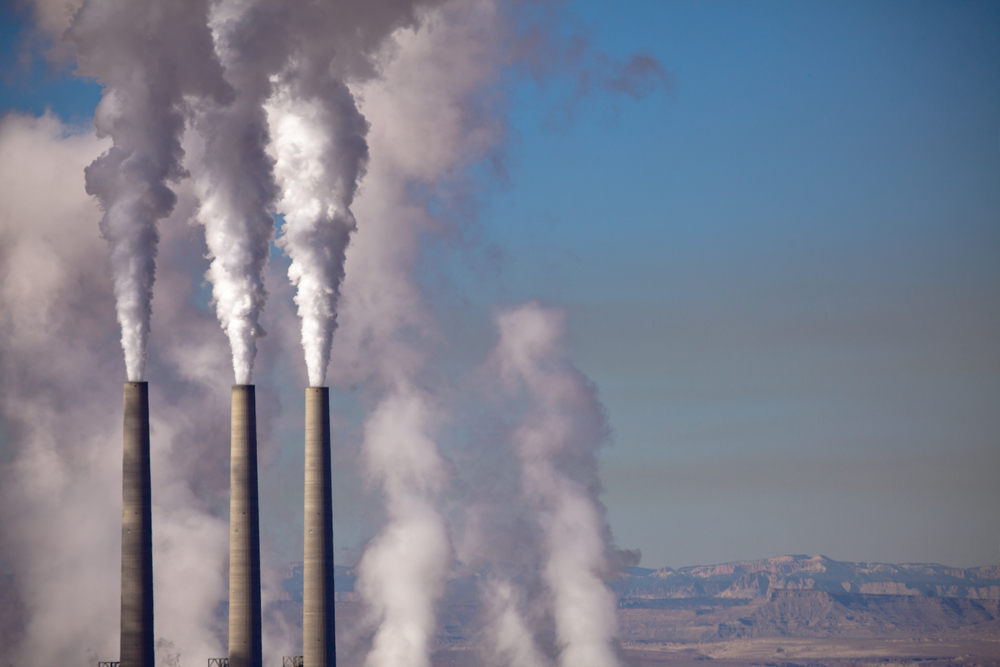
The tightening of environmental regulations has dealt a significant blow to diesel engines. Governments around the globe are enforcing stricter emission standards, which has increased the cost of compliance for manufacturers. Notably, diesel engines are notorious for higher emissions of nitrogen oxides (NOx) and particulate matter (PM). To meet these standards, advanced and costly technologies are often required.
Electric Vehicle Adoption
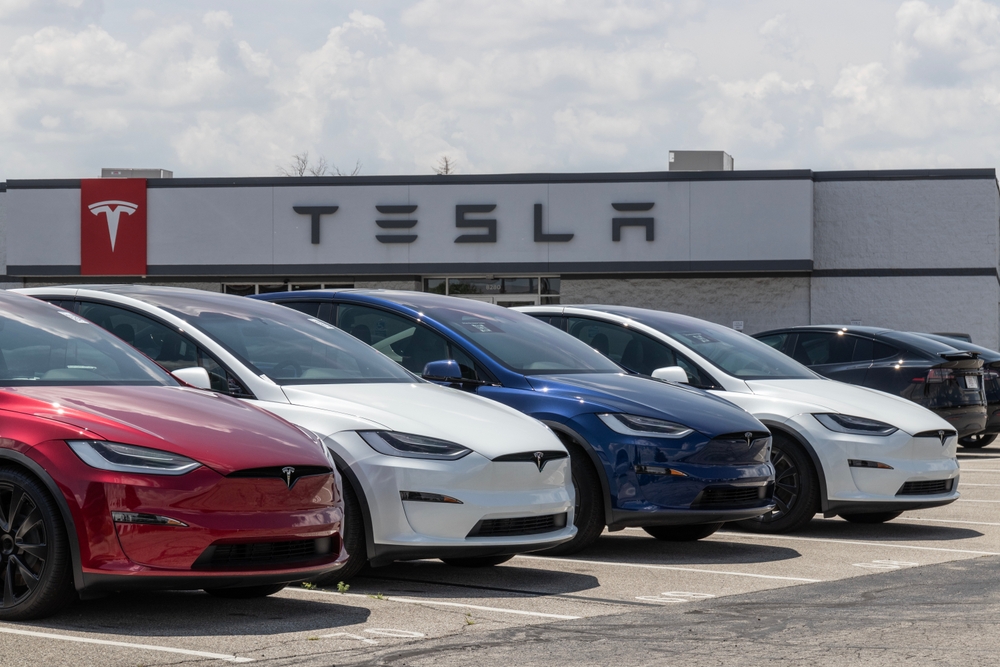
The surge in electric vehicle (EV) adoption is a major factor driving the decline of diesel engines. Offering zero emissions, EVs are becoming more affordable and efficient with each passing year. Technological advancements in battery design have significantly extended the driving range of EVs, making them a viable option for a broader audience.
Fuel Efficiency Concerns
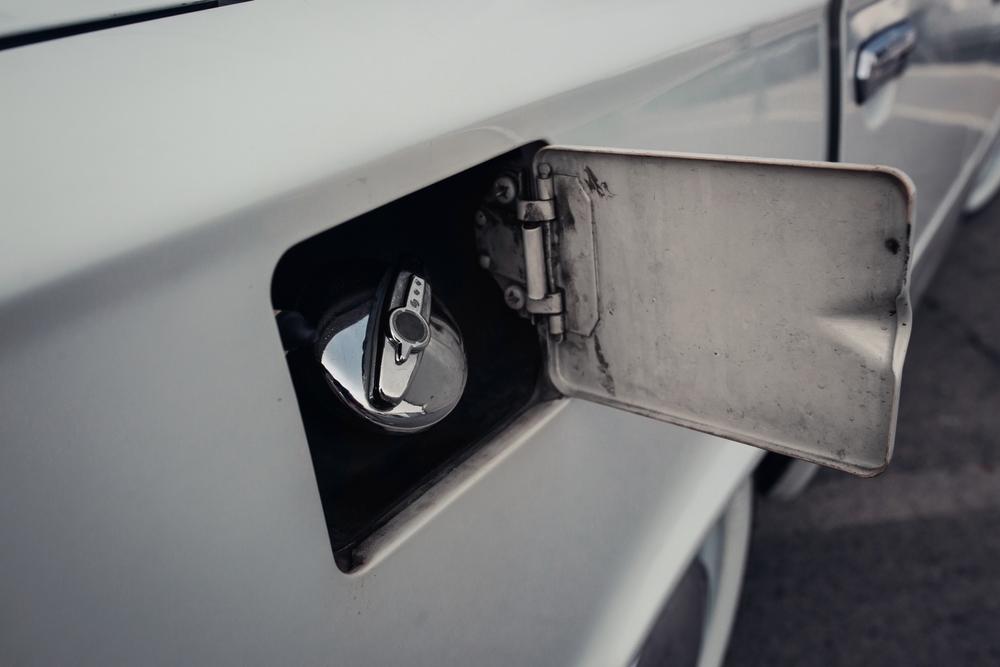
Once hailed for their superior fuel efficiency, diesel engines are losing their edge as gasoline engine technology advances. Modern gasoline engines now offer fuel economy comparable to, or even better than, their diesel counterparts. Moreover, hybrid technologies that combine gasoline engines with electric motors deliver even greater efficiency.
Maintenance Costs
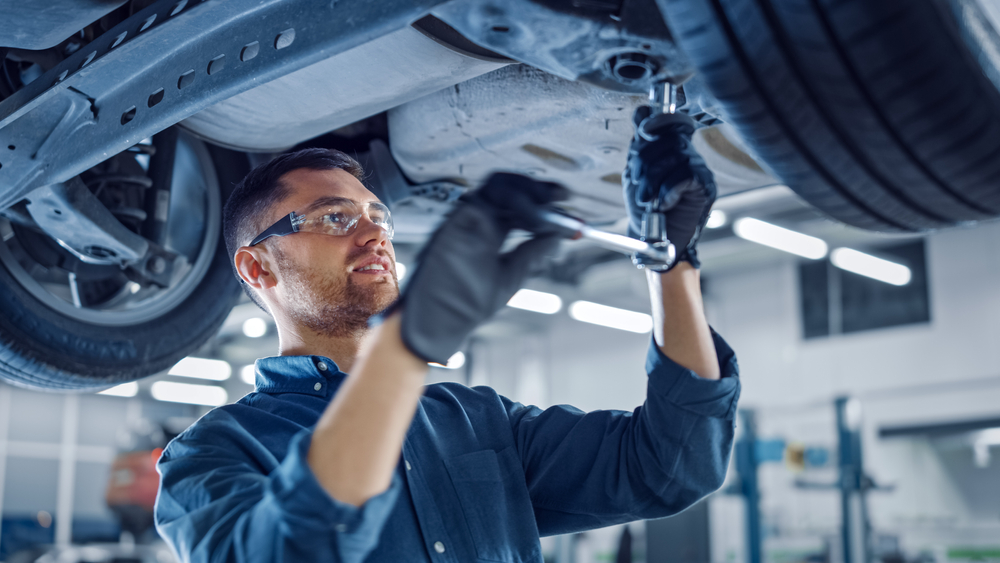
Compared to gasoline engines, diesel engines typically incur higher maintenance costs. They require more frequent oil changes, specialized filters, and complex emission control systems, which drive up long-term ownership costs. This increased complexity to meet emission standards further adds to the maintenance burden.
Public Perception and Health Concerns
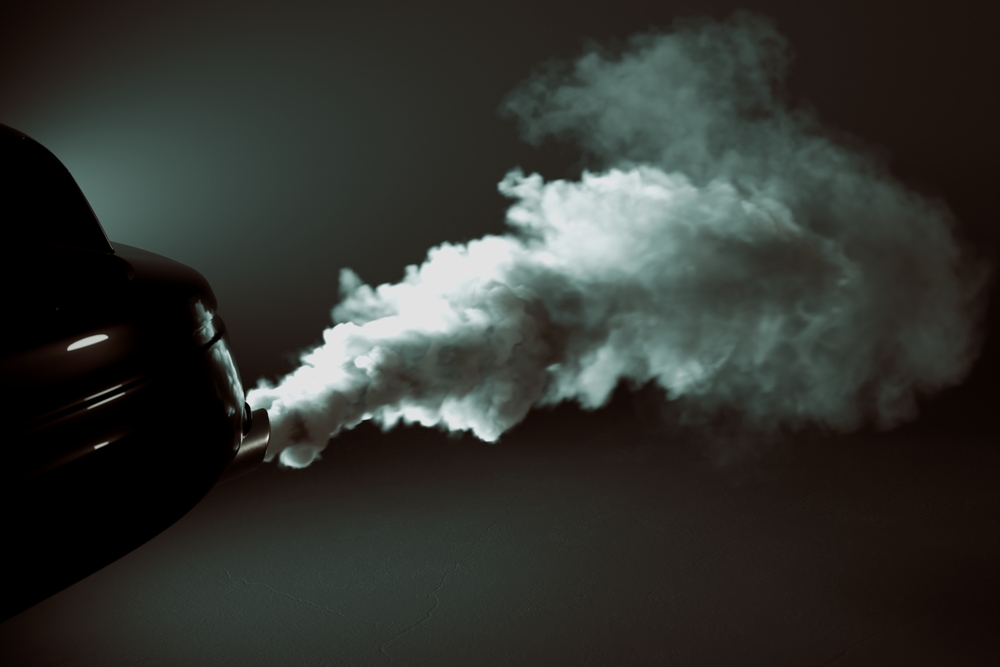
Diesel engines suffer from a negative public perception due to their association with air pollution and health issues. Studies have linked diesel exhaust to respiratory problems and other health concerns. Public awareness campaigns and media coverage have highlighted these risks, swaying consumer preferences.
Resale Value

The resale value of diesel vehicles has been on a downward trend in recent years. Increasing awareness of environmental issues and the rising popularity of EVs have made diesel vehicles less desirable in the used car market. This depreciation impacts both private owners and businesses, making diesel engines a less sound financial investment.
Urban Restriction
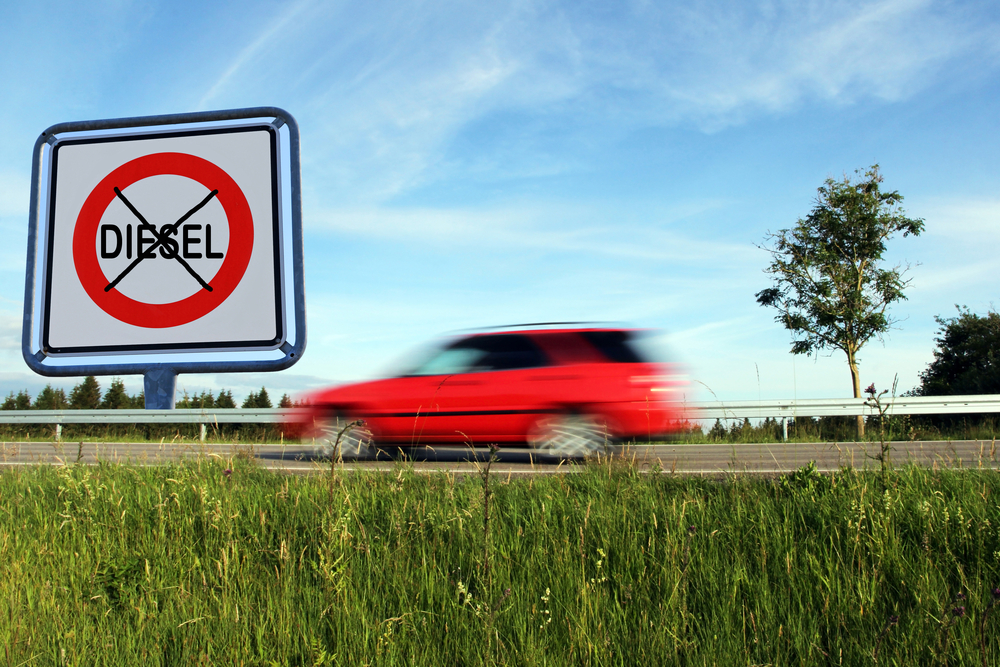
In a bid to combat air pollution, many cities have implemented restrictions on diesel vehicles. Low-emission zones and outright bans on older diesel models are becoming more common. These urban policies limit the usability of diesel vehicles, discouraging potential buyers. As urbanization continues to grow, these restrictions will further reduce the market share of diesel engines.
Government Policies and Incentives

Government policies and incentives are crucial in shaping the automotive market. Subsidies for electric and hybrid vehicles, combined with penalties for high-emission vehicles, create an unfavorable environment for diesel engines. Policies promoting renewable energy and reducing carbon footprints further disadvantage diesel technology. This regulatory landscape is driving manufacturers and consumers away from diesel engines.
Consumer Preferences

Shifting consumer preferences towards environmentally friendly and efficient vehicles are impacting diesel engines. Today’s consumers value sustainability and are more environmentally conscious, reflected in their purchasing decisions. Hybrid, electric, and efficient gasoline engines are increasingly favored over diesel engines. With higher emissions and maintenance costs, diesel engines are losing their appeal in the evolving market.
Oil Market Volatility
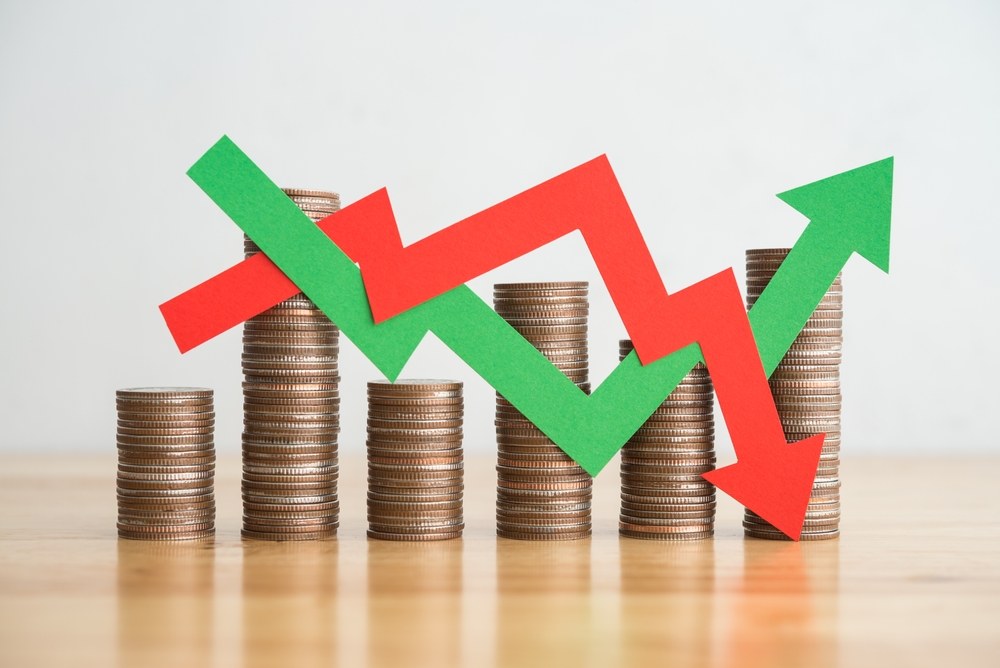
Diesel fuel prices are subject to the fluctuations of the global oil market. This price volatility creates uncertainty for diesel vehicle owners and operators. In contrast, electricity prices for EVs are more stable and predictable, making EVs a more attractive option. Economic factors make diesel engines less appealing, especially for businesses reliant on consistent operating costs.
Competition from Renewable Fuels
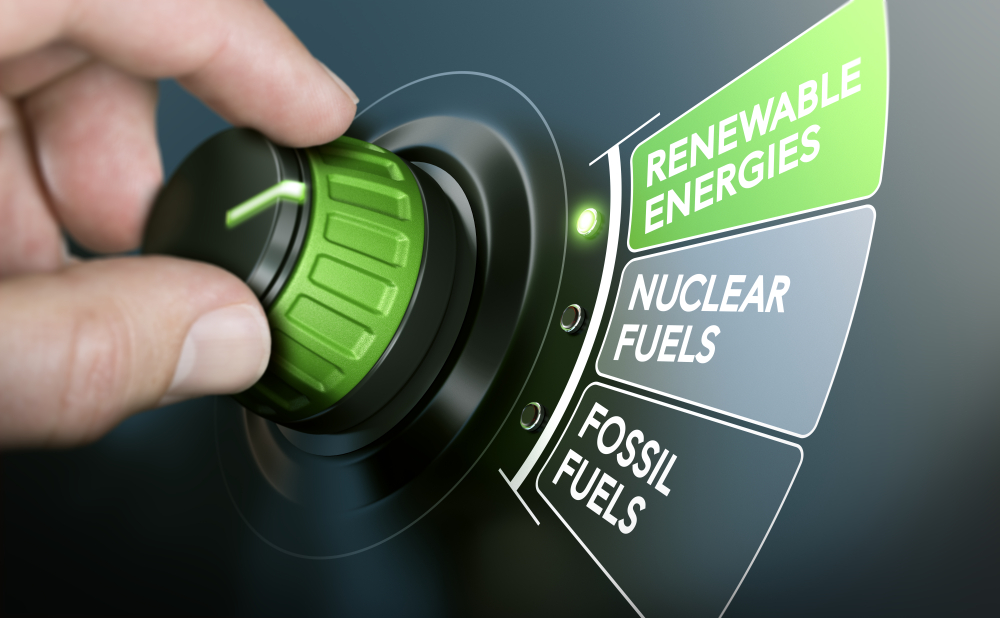
Emerging renewable fuels such as biodiesel and renewable diesel offer cleaner alternatives to traditional diesel. These fuels can reduce greenhouse gas emissions and are becoming more widely available. Although compatible with diesel engines, the preference for renewable fuels is gradually shifting away from traditional diesel.
Advancements in Battery Technology
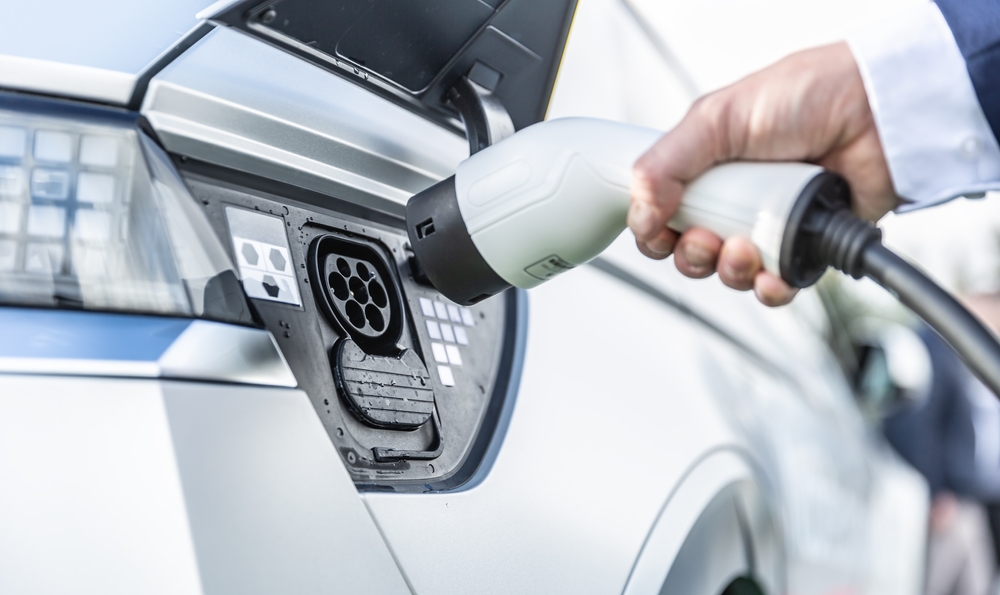
Significant advancements in battery technology are making electric vehicles more viable. Improved energy density, faster charging times, and lower costs are enhancing the appeal of EVs. These advancements address some of the key limitations of electric vehicles compared to diesel engines. As battery technology continues to improve, the gap between EVs and diesel engines is closing, contributing to the latter’s decline.
Long-Term Environmental Impact
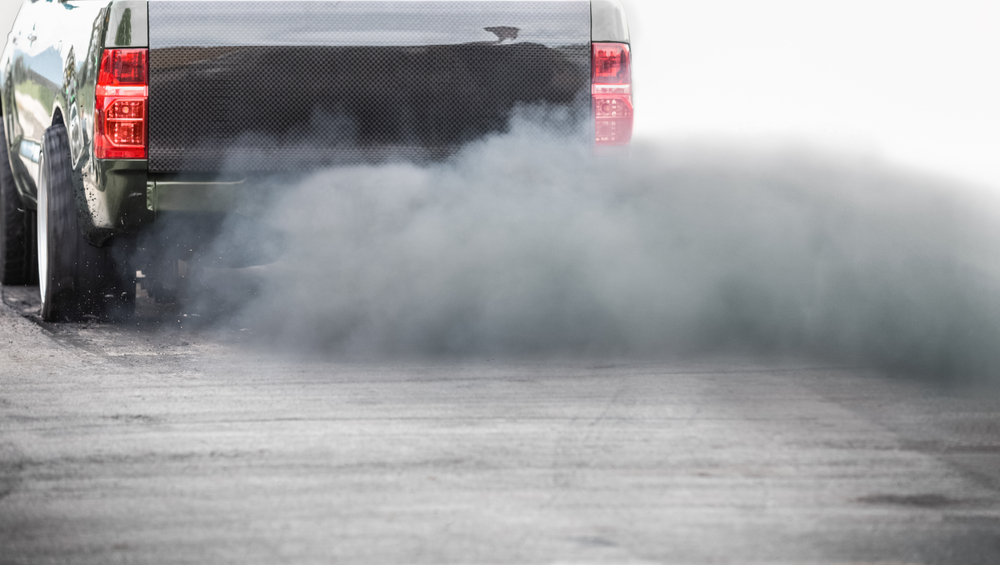
The long-term environmental impact of diesel engines is a significant concern. Diesel exhaust contains harmful pollutants that contribute to climate change and air quality issues. As awareness of these impacts grows, the pressure to reduce reliance on diesel technology increases. Both consumers and policymakers are advocating for cleaner, more sustainable transportation solutions, leading to a decline in diesel engine popularity.
This article originally appeared on MyCarMakesNoise.
More from MyCarMakesNoise
13 Least Reliable Cars on the Market

When it comes to choosing a vehicle, reliability is often at the top of the list for most buyers. A car that consistently performs well without frequent visits to the repair shop is what everyone hopes for. Read More.
15 Underrated Luxury Cars That Are Worth Every Penny

In the world of luxury vehicles, certain brands and models often steal the spotlight, leaving other equally impressive options in the shadows. However, for discerning buyers looking to invest in a luxury car that stands out from the crowd, many less-known models offer exceptional value. Read More.
12 Legendary Race Cars Still Competing

In the world of motorsport, certain race cars transcend their time, leaving an indelible mark on the track and in the hearts of racing enthusiasts. These legendary machines, known for their groundbreaking performance and engineering, have not only dominated in their prime but continue to compete, proving their enduring prowess. Read More.

